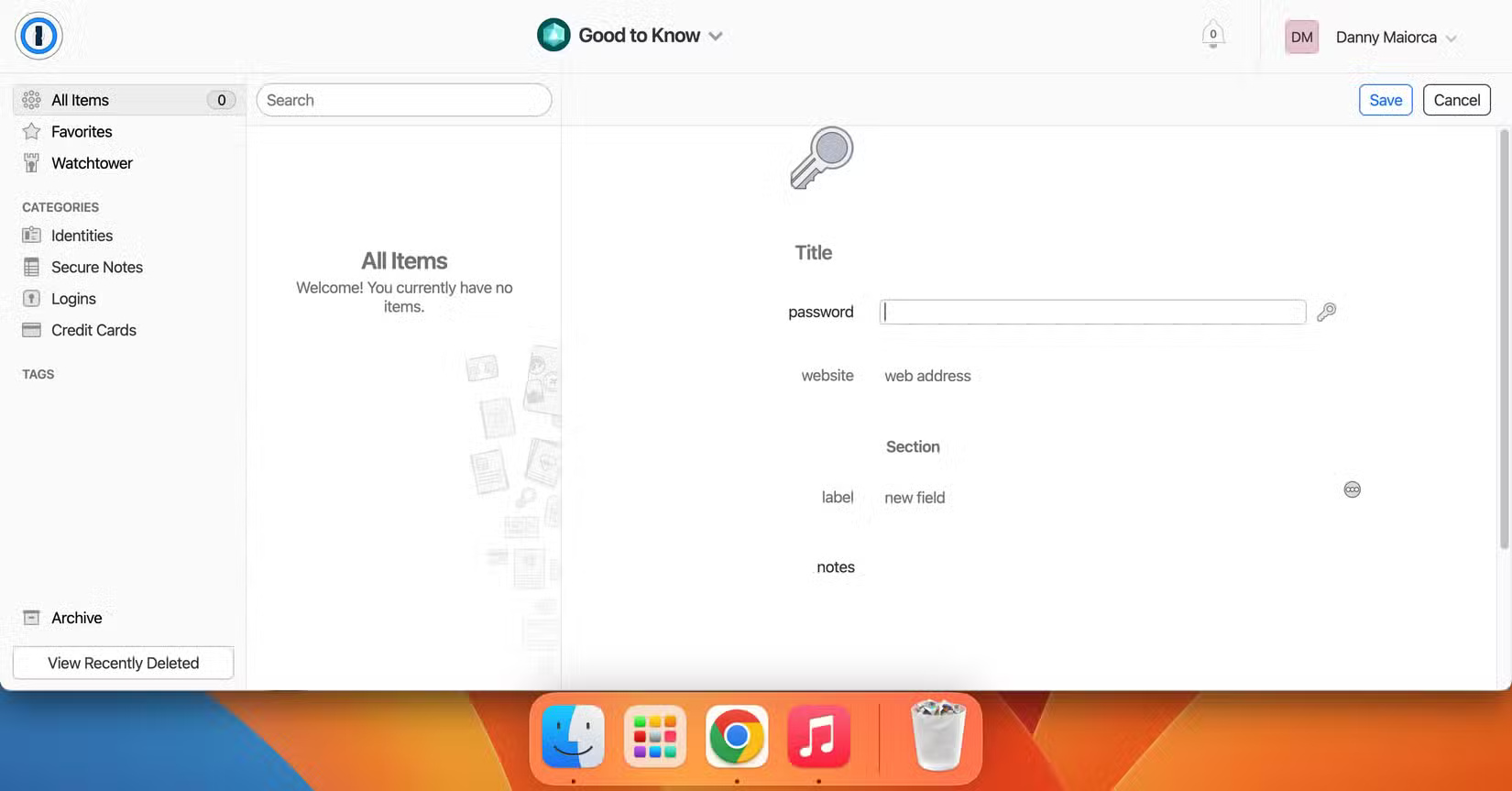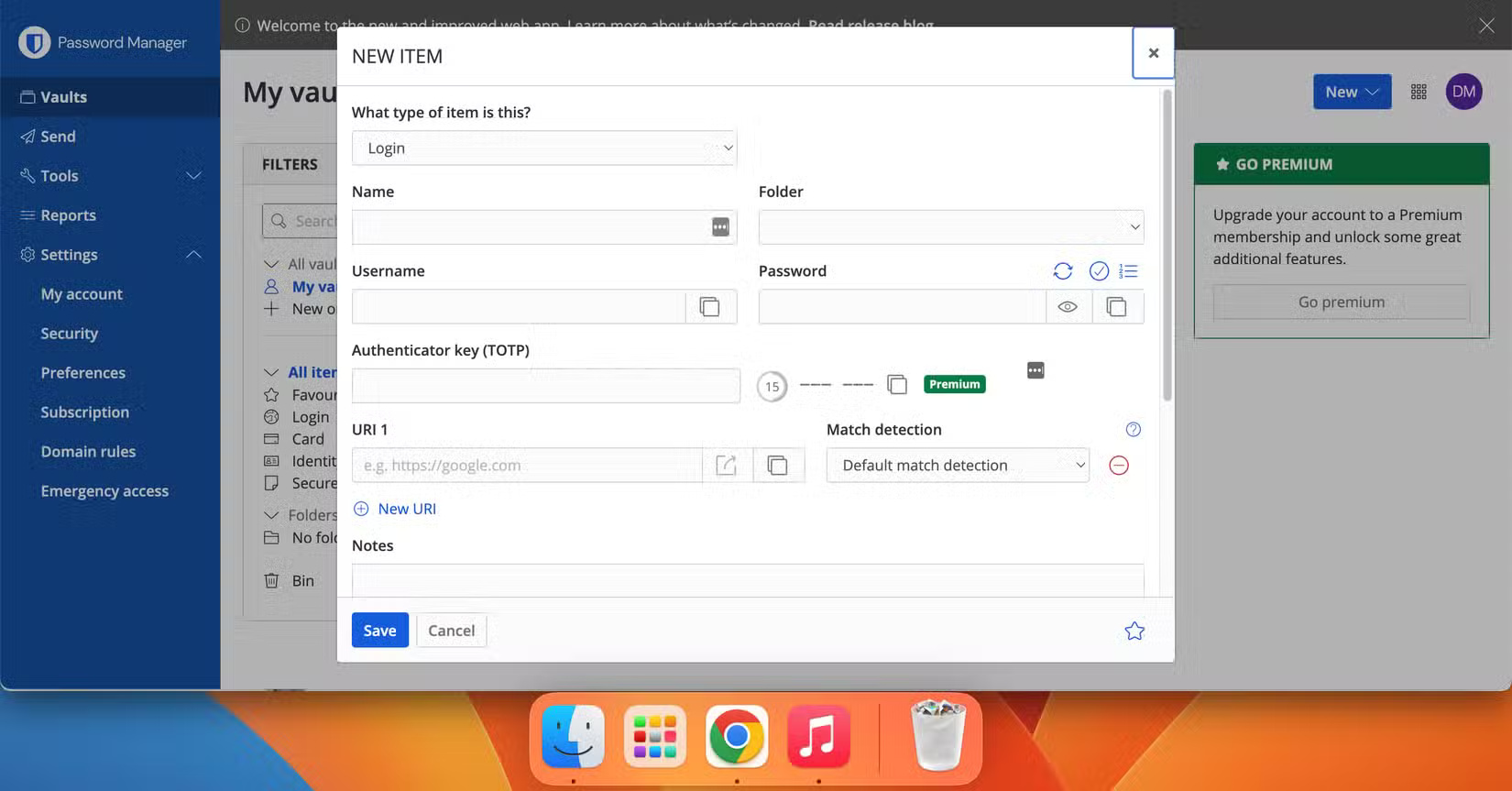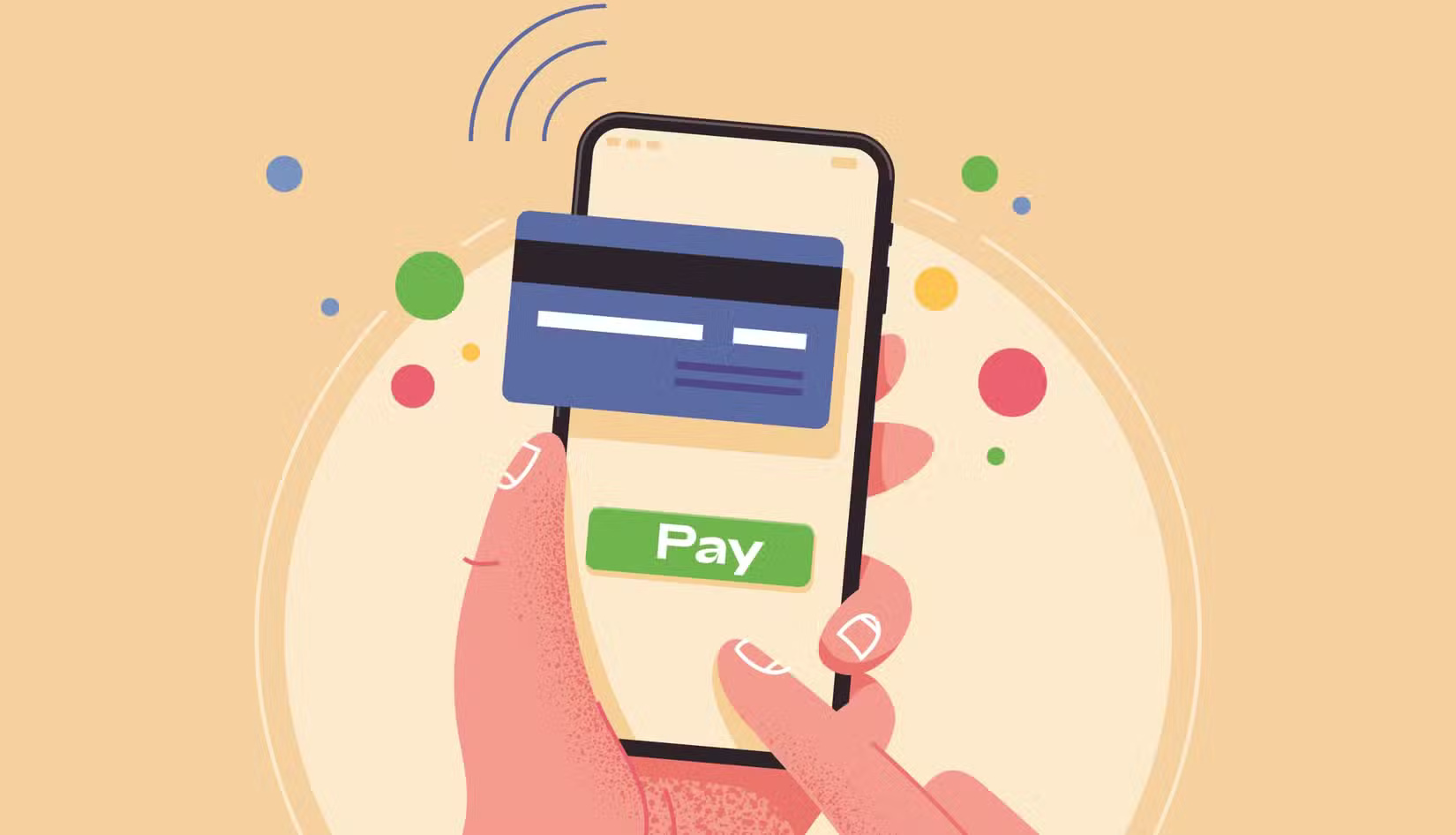8 underused features of password managers
Password managers are more than just a handy place to store your login information. They come with a variety of additional features and tools to help protect your privacy and security across all your devices that you might have missed.
1. Notes
Sometimes you may need to add context to the passwords and codes you store. For example, if you've saved a password for a website, you may want to include the recovery code in a note. That way, you'll always have access to your account.

Save additional logins and notes for your passwords in the 1Password app
Using notes is also useful if you need to keep track of other login information, such as security questions. Many password managers have a note-taking tool, and this is much more secure than saving sensitive information in notes on your computer or in an app that isn't specifically designed for storing passwords.
In addition to using third-party software, you can also add notes to your saved passwords in Google Chrome. If you're on the fence about using Apple's password manager, you'll find a similar feature in the app.
2. Security Warning
People often use multiple apps and services, so keeping track of them isn't always easy. No one wants a security breach that puts their login credentials at risk. If the victim doesn't know about the breach, cybercriminals can do significant damage.

Many password managers mitigate this problem by using security alerts, and you should review these alerts as they arise. If your password is found in a data breach, you will be alerted and can change your login information immediately. This is much easier than most other methods of checking for data breaches.
3. Share passwords
While you shouldn't share your password in most cases, you may want to do so if you share a subscription with someone else. For example, while it's become much more difficult to share a streaming service subscription, it's still possible in some cases.
Sharing passwords through a password manager usually means using end-to-end encryption. Another advantage is that other people can't see the passwords in the messaging app if they accidentally snoop in, and you don't have to worry about your spreadsheet becoming public information.
4. Password folder
Folders are one of the best ways to organize your password manager, and they're generally one of the most underrated things on the internet. This feature is a game-changer if you have a lot of passwords to manage across multiple categories.
You can organize your password folders any way you want. To start, you can separate your work and personal email if you use your device for both reasons. However, you should go further and break down your logins into separate categories. For example, you could have folders for each of the following:
- Online grocery store
- Streaming services
- Your favorite online store
- Essential subscriptions you may have
You can use the password folder if you store your passwords in Bitwarden and if you start using NordPass, a similar feature will be available.
5. Customize password generation
We all know that we shouldn't use the same password on multiple sites, but at the same time, having to come up with a new password every time is a huge plus. A strong password generator is a great advantage.

Many password managers will let you customize the passwords they generate for you. For example, Apple's Passwords app will create a base password and then let you add or remove any characters you think are necessary. When you create a password on a website, you can also choose whether you want it to be easier to type.
Customizing your password is useful when you come up with words and strings that you think others would find easy to guess. This tool is available in both free and paid password managers.
6. Dark Web Monitoring
Believe it or not, you can actually find plenty of legitimate uses for the dark web. But at the same time, it's understandable if you don't want any of your details showing up there. While not as common as custom password generators and similar features, dark web monitoring is something to consider when choosing a service.
These tools will let you know when sensitive information, such as your banking details, appears on the dark web. Once you know this, you can take any necessary action, such as changing your password or canceling your bank card.
1Password has dark web monitoring; you'll find this feature in many VPNs as well.
7. Digital Wallet
Storing your payment information makes it much easier to pay online, but of course, you need to be careful that your information doesn't end up in unwanted places. Some password managers have digital wallets to store your card information for easy payment.

You can add multiple credit card types and even details for other payment services like PayPal. Plus, you have the option to add a billing address, making the process easier at checkout. A password manager is a viable alternative if you're not sure whether to trust your browser with your credit card details.
8. File sharing
You probably use a password manager to share login information with people you trust, but did you know that it can also be used to share public files? For example, if you want someone to send money to your bank account, you can share your account information (except for the obvious silly stuff like your card security number or PIN).
You can also share documents in the same way as on Google Docs. However, one thing to note is that many links expire; make sure you notify recipients well in advance.